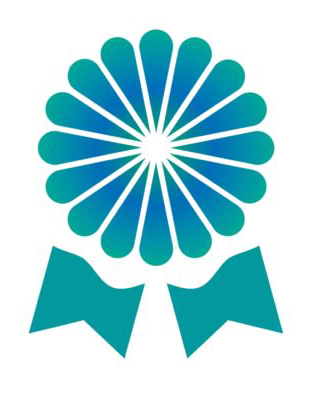Publication of national Recognition & Rewards road map
Dutch knowledge institutions and research funders are taking a new step forward in the Recognition & Rewards programme. This will involve the publication of a road map in all Dutch universities of concrete plans for the immediate future, including new career and development paths for academics.
Room for everyone's talent
In 2019, Dutch knowledge institutions and research funders set out to broaden recognition of academic work and presented a position paper entitled ‘Room for everyone’s talent’. This broader form of recognition and rewards is better suited to academics today and to what society requires of them. For example, there is less emphasis on the number of publications written and more emphasis on other qualities, like teaching or an impact. Each institution has had a Recognition & Rewards Committee for some time now. These committees are strongly committed to promoting the cultural change desired. Numerous experiments have been launched in various institutions with a view to implementing recognition and reward practices. The signing of The Agreement on Reforming Research Assessment means that agreement has been reached on the broader assessment of research at an international level as well.
Embedding in practice
The time has now come to embed Recognition & Rewards in practice in all knowledge institutions and research funders, based on a number of priorities from the road map. In the years ahead, career and development paths with attention to research, education, impact, leadership or patient care will be introduced for associate and assistant professors and professors in all institutions. This will make it easier for academics to profile themselves in one or more of these domains. At UM, such profiles have already been developed and introduced in the faculties. UM has also developed new academic profiles for lecturers and researchers. The faculties will implement these new profiles in 2023.
When appointing and promoting academic staff, more use will be made of evidence-based CVs and assessment portfolios when seeking to arrive at a qualitative assessment. Open Science and Open Education will become part of staff development, assessment, appointment and promotion again as well. UM is currently working on a new format to support annual development interviews: the UM Career Compass. The UM Career Compass will be made available to all UM employees. The compass has a focus on development, which includes themes such as team science, academic citizenship and Open Science. With the UM Career Compass, we ensure a better balance between qualitative and quantitative aspects. Finally, the parties involved will clarify what ‘good leadership’ means and what role it plays in recruitment, selection, development and career development. UM's Recognition & Rewards committee involved with leadership drafted a vision for leadership as early as April 2021. This vision is the foundation for the Leadership Academy established in 2021, which has developed a programme to further develop leadership skills within UM. UM pays explicit attention to leadership in all career paths, as one of the core values in the academic profiles.
The parties involved will also sit down with the employees’ organisations to discuss the alignment of national frameworks like the Collective Labour Agreement for Dutch Universities (cao Nederlandse Universiteiten) and the University Job Classification System (Universitair Functieordenen, UFO) with the principles of Recognition & Rewards.
Rianne Letschert, Co-Chair of the national steering group and President of Maastricht University: ‘The road map shows staff that they can expect attention for their career development to continue even if they start to work elsewhere.’
Click the link to see the road map.
Read more about the Recognition & Rewards programme on the R&R webpage
The parties involved in the road map are the 14 universities (united in Universities of the Netherlands, UNL), the four ideologically-based universities (united in the Network of Ideologically-based Universities, NLU), the seven university medical centres (united in the Dutch Federation of University Medical Centres, NFU) and the institutional organisations of the Royal Netherlands Academy of Arts and Sciences (KNAW) and the Dutch Research Council (NWO). Where relevant, these agreements also apply to research funders NWO and the Netherlands Organisation for Health Research and Development (ZonMw).
Also read
-
AMIBM researchers Marco Serafini, Cris Garcia-Saravia Ortiz-de-Montellano, and Yvonne van der Meer contributed to a unique collection of policy briefs published by Studio Europa Maastricht. The document investigates the goals of establishing a European circular economy and considers its policy...
-
Maastricht University is an active member of the Young European Research Universities Network, championing values of innovation, openess and responsibility.
-
The Young European Research Universities Network extends a warm invitation to researchers and staff from Maastricht University and other member universities to submit their applications for the YERUN Open Science Awards 2023.
- in Corporate
- in Researchers


